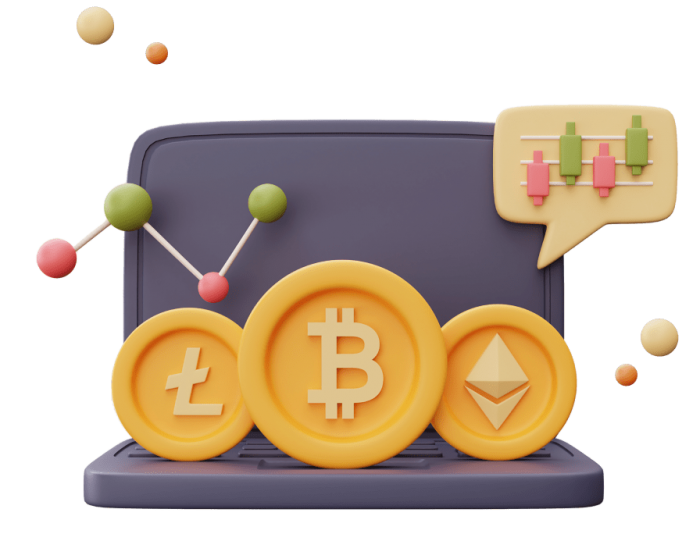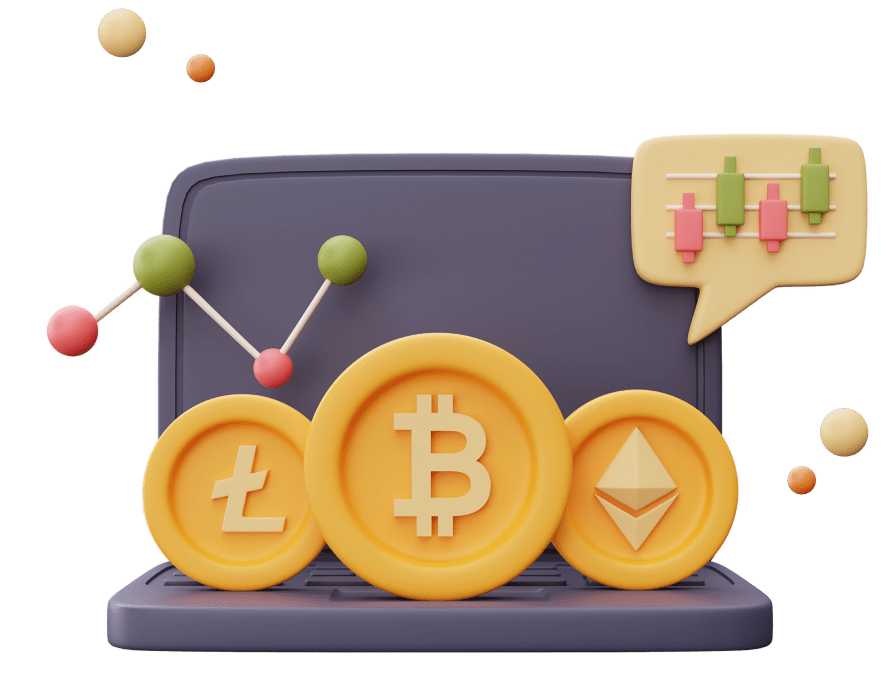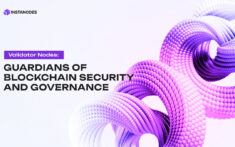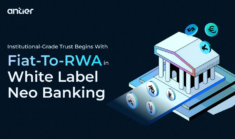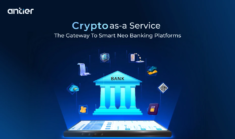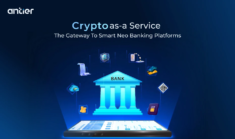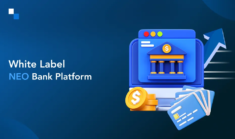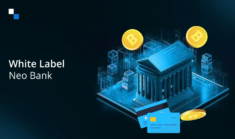BIP39 wordlist in Canada Explained: English Words for Crypto Protection
When Random Words Become Digital Gold: The Curious Case of the BIP39 WordlistWords, Wallets, and a Touch of Irony
Imagine being told that the future of your wealth, your hard-earned digital assets, and maybe even your retirement plan could be secured not by a titanium vault or a Swiss bank, but by twelve oddly ordinary words. Yes, welcome to the world of the BIP39 wordlist, where terms as unremarkable as “apple” or “garage” suddenly transform into guardians of fortunes. And because life loves irony, the entire system was carefully crafted so even a distracted Canadian sipping maple syrup in Toronto can jot down a recovery phrase and call it a day.
Every English term inside the BIP39 wordlist is carefully standardized.
The Genius of BIP39: Simplicity in Disguise
At first glance, the BIP39 wordlist looks deceptively simple. A set of 2048 English words—no fancy jargon, no secret codes, just plain, everyday vocabulary. But behind that simplicity lies mathematical precision. Each word is carefully chosen to avoid confusion: no homophones, minimal ambiguity, and designed so that even if you’re slightly cross-eyed from staring at crypto charts all night, you won’t mix up “build” with “built.”
And why English? The answer is global usability. Sure, Canada has two official languages, but English became the universal choice for this standard. Of course, that doesn’t stop Canadians from smugly muttering their recovery phrases in French for an extra layer of security.
Why Advertisers Would Kill for the BIP39 Wordlist
Marketers spend billions trying to craft messages that stick. The BIP39 wordlist solved this problem effortlessly. Each word is short, familiar, and instantly memorable. Ironically, while luxury brands brainstorm new slogans, crypto users quietly rely on “fish, rocket, ladder” as the impenetrable barrier between hackers and millions in Bitcoin. Talk about cost-effective branding.
Canada and the Comfort of Words
Let’s pause for a maple-leaf moment. Canadians, often praised for politeness, find themselves perfectly suited to the BIP39 model. Why? Because security here doesn’t require shouting passwords into a two-factor app. Instead, you politely write down your list of words on paper, tuck it in a drawer, and guard it with the seriousness of a family recipe. It’s calm, efficient, and reassuringly low-tech—qualities that resonate well north of the 49th parallel.
The Ironic Downside: Responsibility on Your Shoulders
Here’s the kicker: lose the BIP39 wordlist, and no polite helpdesk in Canada—or anywhere—will come to your rescue. There’s no “Forgot my password” button, no charming chatbot, no 1-800 support line. That simple set of words is the only lifeline. Which makes the system both brilliant and terrifying. It’s as if the universe said, “We’ll give you ultimate freedom, but only if you can keep track of a scrap of paper.”
When Ordinary Words Hold Extraordinary Power
The BIP39 wordlist is one of those rare inventions where irony, elegance, and security intertwine. It transforms mundane vocabulary into unbreakable cryptographic armor. For investors in Canada, Europe, or anywhere else, it offers empowerment—but also demands responsibility.
So next time you look at your grocery list, remember: words can feed you, but the right words can also protect your wealth. And in the quirky, ironic theater of modern finance, that’s about as poetic as it gets.
